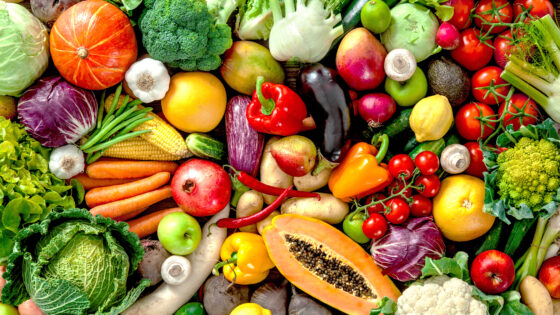Blog 3: Brexit – Fish and whisky or April’s Fool?
To: Dr Andrew Grainger Trade facilitation visionary Nottinghamshire, England, UK
Breda, 21 February 2021
Dear Andrew,
We wanted to write letters about Brexit. But last week I honestly had some trouble to find Brexit mentioned in our trade press. After the horrible images of empty shelves in stores in the UK and Northern Ireland, February seems to have been the month in which the transport and logistics industry found itself again. Transport volumes seem to be back to levels before Brexit, more or less.
A closer glance at this news message reveals that the total number of trucks is back on track, but the total value of trade is not. Before Brexit, about 25% of trucks returned empty to the UK, but after Brexit, this is about 50%.
Of course, fishermen of all sorts are in trouble. Especially British fishermen. They are slowly figuring out that they can no longer easily sell their produce on the Continent. What will be the solution here? Will the UK and the EU re-negotiate the trade deal to open up the EU market for UK caught fish, seafood, shell fish, and so on? Or will all these fishermen go bankrupt? Or will the UK turn to a fish and seafood diet? I am sure the Dutch fishermen would be happy to help.
Another area of difficulty is alcoholic beverages. There is a Dutch guy in London who imports Dutch craft beer and gin (why would you import gin into the UK?), who is struggling a lot with the new rules. Scottish whisky is a main export product of the UK. Especially for the aged single malt whiskies, the origin of the malt barley used may have been lost or forgotten. This means that the origin rules for these expensive whiskies cannot be fulfilled and tariffs will have to be paid. That sounds like a serious problem.
I tried to find some information on the Dutch vegetable exports to the UK, which amounted to € 1,2 bln. But we seem to be more concerned with the survival of the black-tailed godwit (or in Dutch: the grutto), the total stock of unions, some glass houses that collapsed due to the snow last week, and so on. The energy transition in our agricultural sector is also a major concern.
Are we concerned enough?
Perhaps we will have to wait for the first of April. This is an auspicious date in the Netherlands, because it is April fools’ day, which is a much bigger thing over here, than in the UK, I think. Anyway, from 1 April onwards, agricultural products will require a new health certificate for exports to the UK. This will be relevant for dairy products and flowers, two of our main export products. There will apparently be some 250 different certificates, all with different inspection requirements. In addition, companies will have to apply for e-recognition, and make themselves known to relevant authorities on the UK side. And of course, many companies did not prepare yet, or are unclear what is expected of them.
Perhaps April first is the real Brexit date? I would be interested to hear your view on this.
At the same time, the British Pound against the Euro reached its highest level since April 2018, and Boris Johnson want to dig a tunnel from Scotland to Northern Ireland. I am not sure what this would accomplish in terms of trade facilitation. Is the UK collectively trying to take a big leap forward?
Hope you and your loved ones are safe and healthy.
Looking forward to your reply,
Albert
Read here previous letters: Blog 1 and Blog 2.
Geef de eerste reactie




